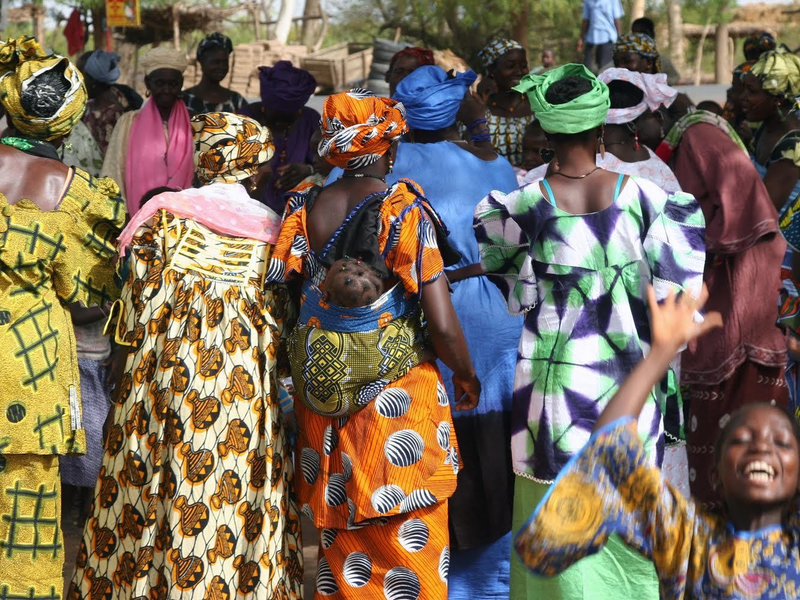
Happy Independence Day Mali! Today, September 22nd of 1960, Mali gained independence from the French. Let’s take a brief journey inside the rich history, jewels and conflicts of the country.

(Malian child posing)
This West African country is famous for its city of Timbuktu, which was once a great Islamic learning and trading center, housing over 20,000 learning documents that dated back to 1204. Some manuscripts were written in African and Arabic languages on gold paper, and described ancient astrology, science and more.

(Timbuktu)
Mali has a great amount of salt mines, which helped its ancient Islamic empires amass wealth. In addition, its advantageous position in the continent allowed it to play a major role in the cross-Saharan trade routes between West and North Africa.

(Bamako, Mali)
The country’s official language is French, and the capital is Bamako. The Ghana, Mali and Songhai Empires were notable civilizations that all existed in present-day Mali. Mansa Musa, the richest man in history, was a 14th century ruler of the Mali Empire.

(Mansa Musa depiction)
Prior to gaining independence, Mali was known as French Sudan.
 (Boats in Mali)
(Boats in Mali)
In 2012, a Tuareg group took control of the northern region of Mali. This, combined with a military coup that took place two months later in March, triggered a war that continues to this day.

(Malian refugees)
This West African country is one of the biggest countries in Africa. Major tribes include the Bambara, Fulani, Dogon, Tuareg, Soninke, Bozo, Songhai and more. The Bambara tribe is the most dominant in the country.

(Malian people gather)
Malian food consists of many grains, rice and starch dishes. The dishes are all made by women, and the culture mandates eating solely with the right hand. Some of the cuisine include Tigadeguena (also known as Maafe or peanut soup), Foutou Igname (also known as mashed yams or Fufu), Foutou Banane (or mashed plantain), Couscous, Poulet Yassa (or chicken with onions and lemon), and more.

(Tigadeguena)
On August 18th of this year, a coup d’etat took place in Mali, and the former president, Ibrahim Boubacar Keita, and prime minister Boubou Cisse, resigned after being detained by the military group that organized the coup. Learn more about this issue here.





